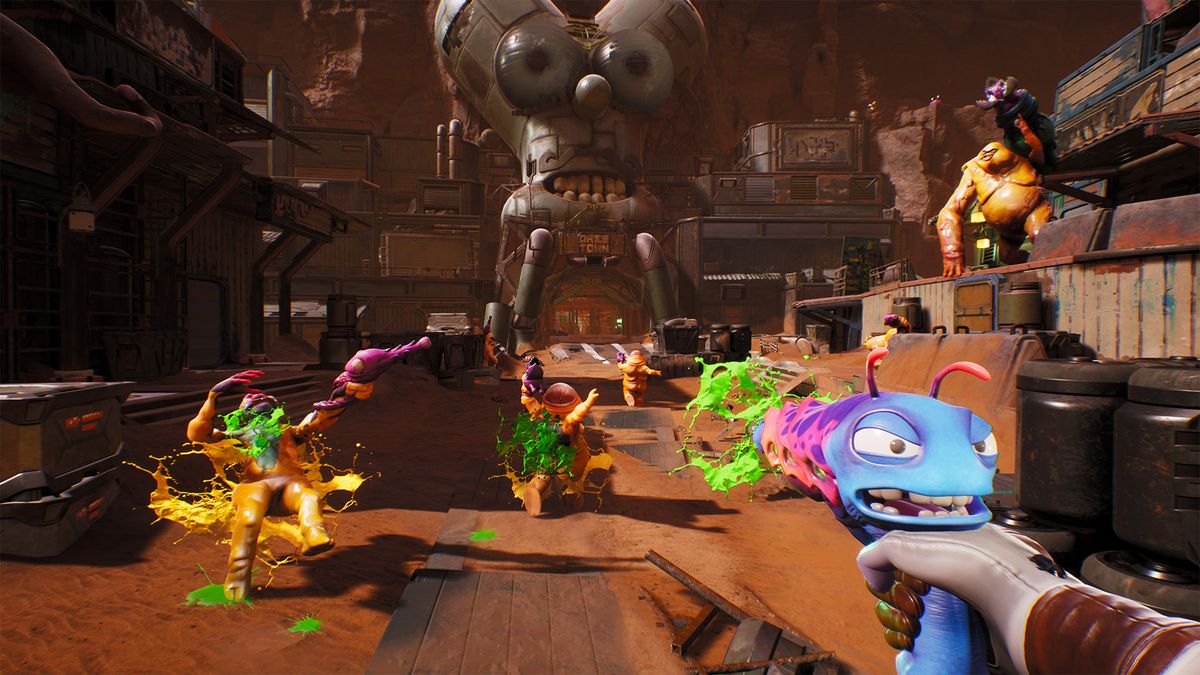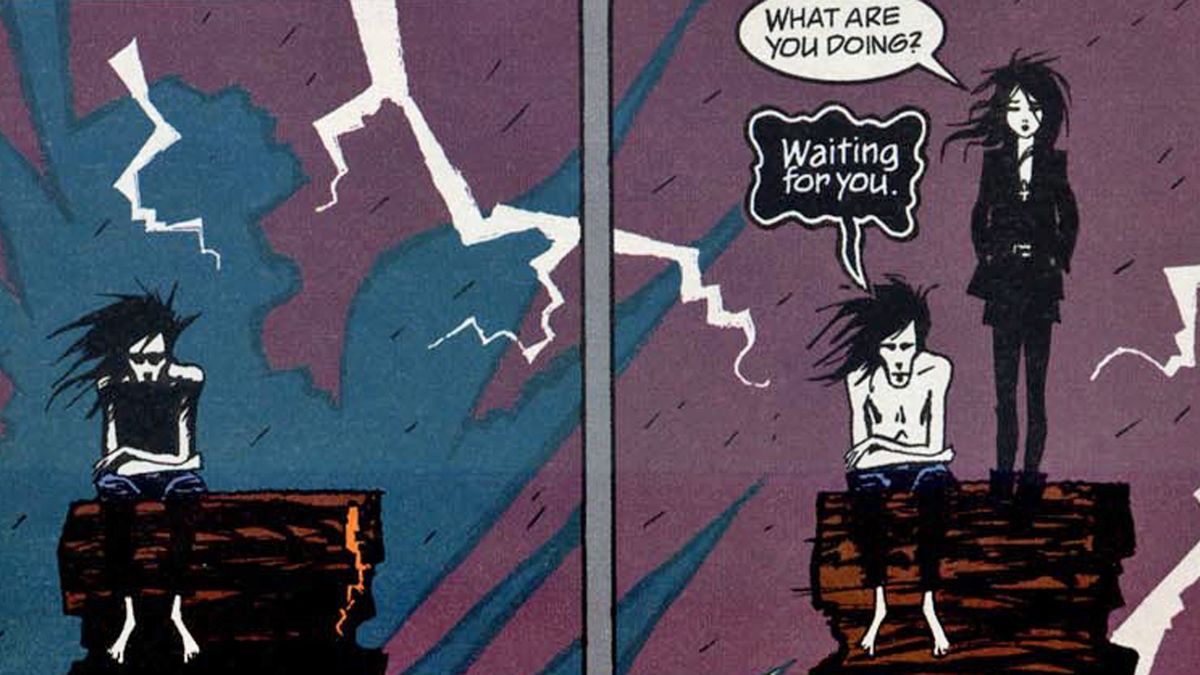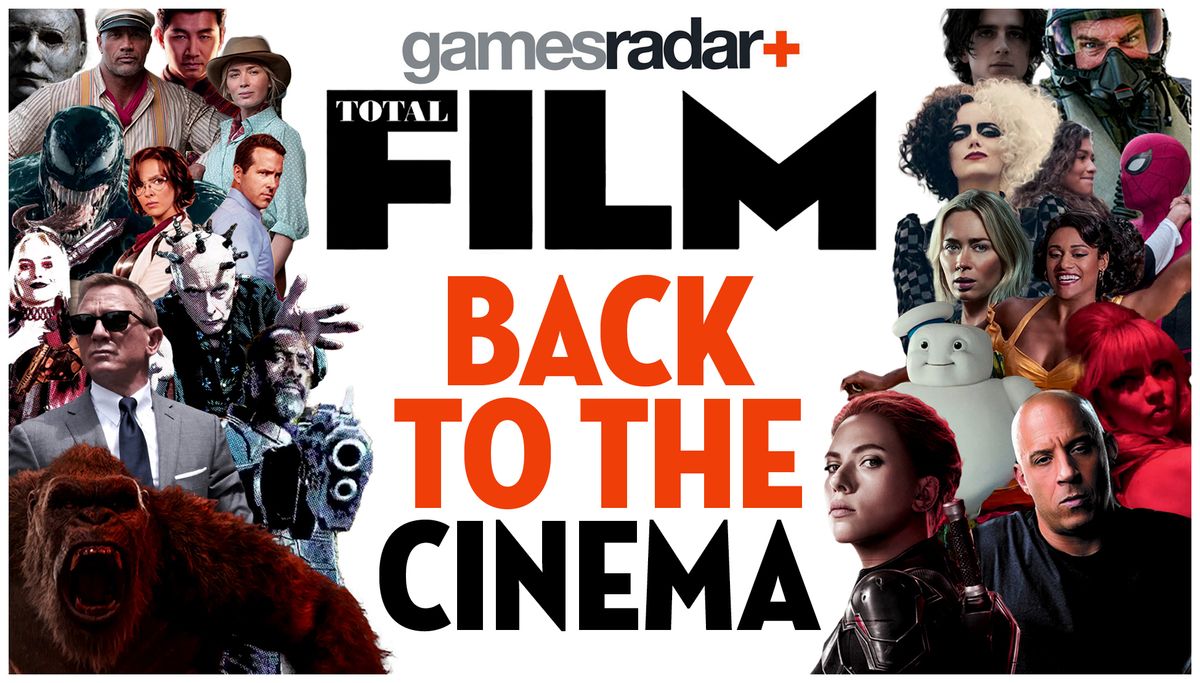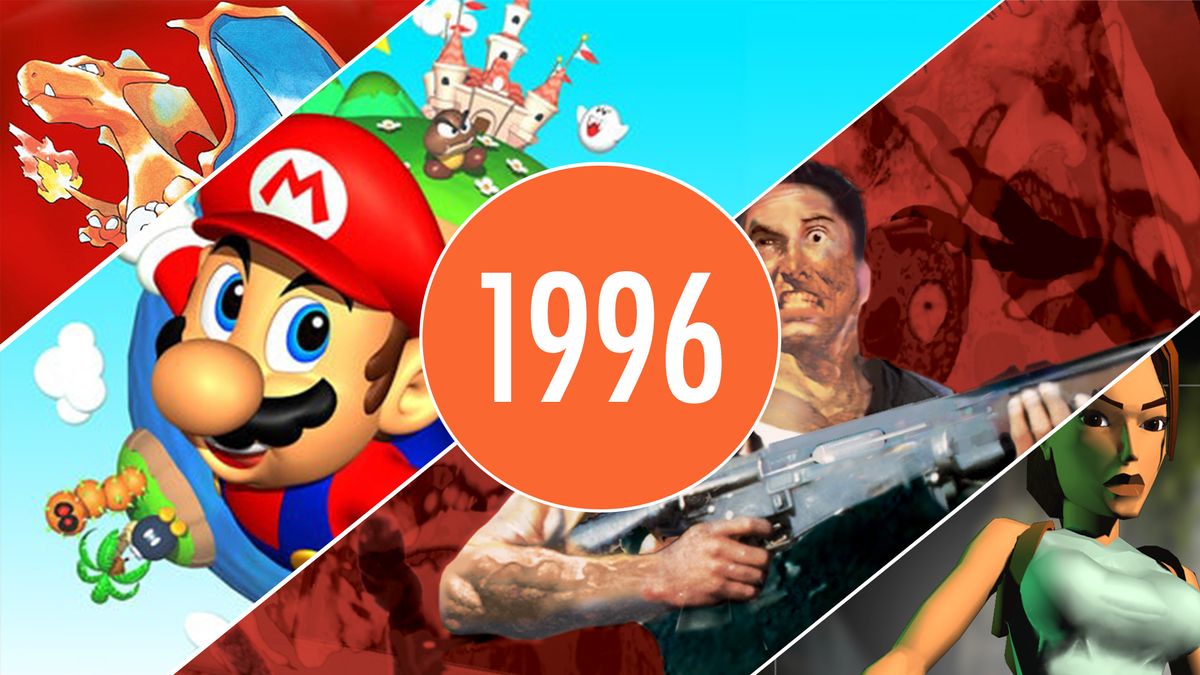Galileo also release anthologies of fiction to tie in with their games and The Lost , the fiction anthology for Kingdom Of Nothing , has just launched its IndieGoGo campaign. I talked to creative director JR Blackwell about The Lost , City Harvest , the charity that will also benefit from the campaign and the way Galileo Games operates.
What’s the theme for the anthology?
“ The Lost is stories of hope and tragedy that confront issues of homelessness. From a young woman struggling with addiction to a streetwise Santa looking out for his friends, these stories range from literary to magical realism.”
How does it relate to K ingdom Of Nothing ?
“ Kingdom Of Nothing is the inspiration for The Lost . You don’t need to be familiar with Kingdom Of Nothing to enjoy these stories, but those that are will get some special moments when they recognise certain elements.”
Tell us a little about Kingdom Of Nothing .
“ Kingdom Of Nothing was written and illustrated by Jeff Himmelman and it is a game about people who’ve lost everything, and their struggle to crawl their way back out of the cracks through which they’ve slipped. In it, players take on the role of a forgotten person. Something happened to them that was so horribly traumatic it brought their lives crashing down and forced them onto the street and into homelessness. A mysterious force called the Nothing has eaten their memories and manifested their fears as twisted monsters that threaten to destroy them.
“Through the course of the game, they come to grips with the thing that destroyed their lives and regain their memories piece by piece. Players at the table collaborate to create your character’s backstory as you collaborate to create theirs. Throughout the course of the game, players discover the intense drama that led their character to get lost in the Nothing.”
How do the two inter-relate? Will characters from the anthology eventually appear in the game?
“ Kingdom Of Nothing is this beautifully designed and illustrated game that helps players to confront issues surrounding homelessness. Most people, when they see a homeless person on the street, look away. The game allows players to step into the shoes of that person, and uses fantasy in order to help us get there. This anthology does the same thing. There are moments of fantasy in it, but the truth is at its emotional core.
“There are no plans for character crossover at the moment, but that may change; if a character is especially popular with our audience, I certainly wouldn’t rule it out. Pete Woodworth’s Santa, for example, is a very compelling character who I’d love to see more of.”
You’re Creative Director at Galileo – what does that involve?
“I’ve put together Galileo’s new fiction line including the zombie anthology Gimme Shelter , and the science fiction adventure anthology, Have Blaster, Will Travel . I also help promote our fiction and games, and put together some of our crowdfunding campaigns.”

(opens in new tab)
You mentioned that a lot of the games Galileo publishes focus on social issues. Tell us a little about some of your other games .
“The first goal of Galileo Games is to make games that are fun, but many of our games also have elements that relate to social issues, often indirectly. How We Came To Live Here is a game about community. In Shelter In Place , players succeed best if they can manage to work together as a team. Bulldogs! take a look at what it means to be a lower class in a large society. Although these games first aim to be fun to play, in their hearts they all have deeper messages.”
Tell us a little about City Harvest, the charity you’re working with?
“City Harvest (www.cityharvest.org) is the world’s first food rescue organisation, dedicated to feeding the city’s hungry men, women, and children. This year, City Harvest will collect more than 42 million pounds of excess food from all segments of the food industry, including restaurants, grocers, corporate cafeterias, manufacturers, and farms. This food is then delivered free of charge to some 600 community food programs throughout New York City by a fleet of trucks and bikes. City Harvest helps feed the more than one million New Yorkers that face hunger each year.”
That’s interesting, that you’re choosing subject matter over genre. Did that change the editorial process at all?
“Our first concern in editorial was choosing great stories. We wanted stories that were emotionally resonant, but we were also very aware that we were talking about an issue that people have lived, and we wanted to be sensitive to that. Not all of the stories in the submission process cleared that hurdle for us. We were very fortunate though, to get an excellent set of submissions, that were difficult to choose from. Brennan Taylor, the president of Galileo Games, and I, had long talks about various submissions we got. We were very impressed by the skills of the writers who submitted. I’m pleased to say the quality of submissions made our job of picking the final stories quite difficult.”
Crowdfunding really seems to have taken off in gaming communities, arguably more so than anywhere else. Why do you think that is?
“Gaming, especially tabletop gaming, is a tight-knit community of designers and players who communicate often. Designing in the open and transparency are huge in the community, as is collaboration and experimentation. All this was going on before sites like Kickstarter and Indiegogo made crowdfunding easy, so when those sites launched, they were a perfect place for what the community was already doing.”
Thanks for taking the time to talk to us, JR.
• The Lost’s indiegogo campaign can be found here: http://www.indiegogo.com/projects/272507/
• Galileo Games Homepage: http://galileogames.com/
• Shelter in Place Page: http://galileogames.com/shelter-in-place/
• Bulldogs! Page: http://galileogames.com/bulldogs-fate/
• JR Blackwell’s homepage: http://jrblackwell.wordpress.com/
 Game News Video Games Reviews & News
Game News Video Games Reviews & News



